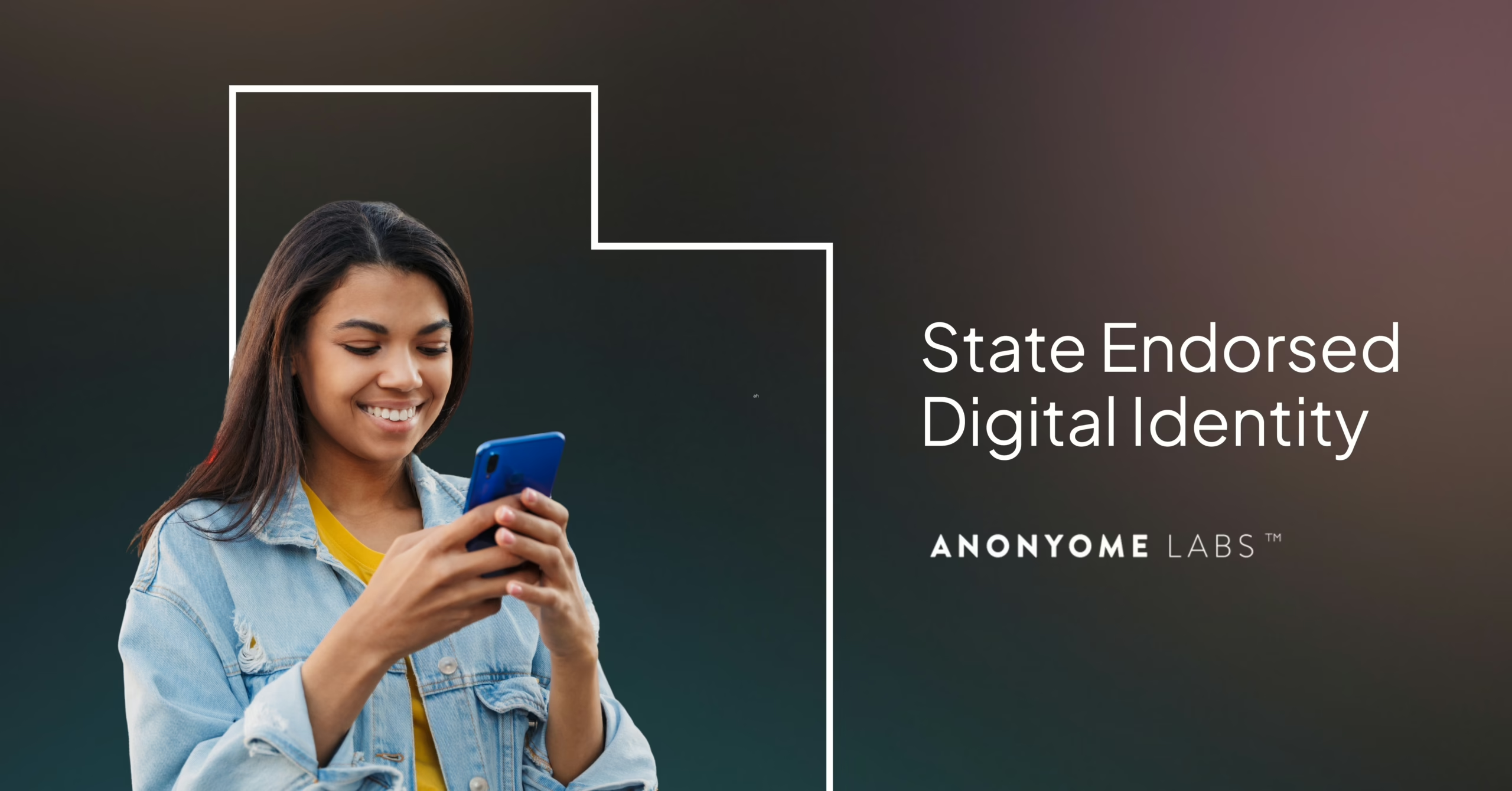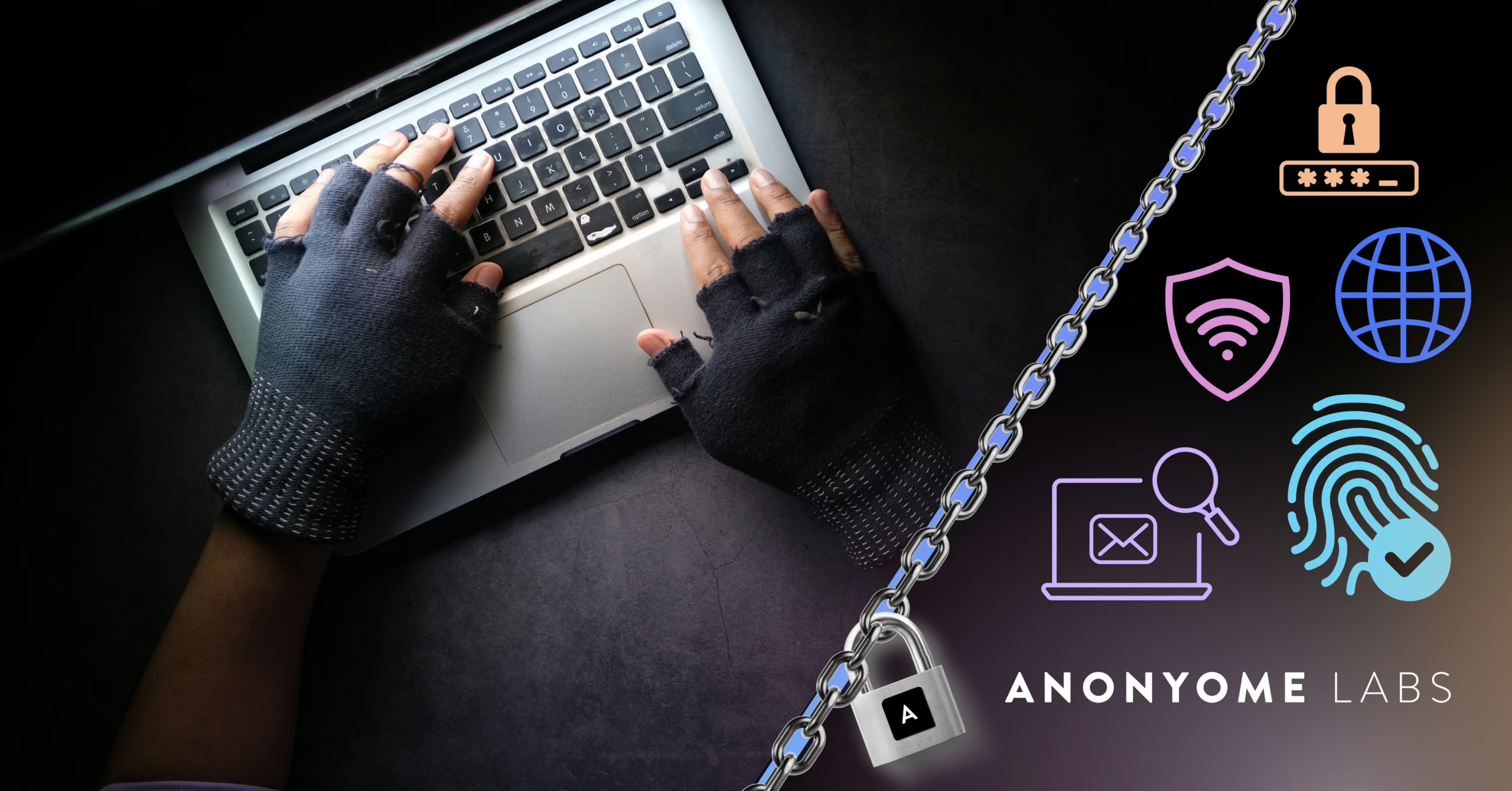What if you could use MySudo to save your family and friends from losing large sums of money to a voice deep fake scam like the sinister “grandparent scam”?
Turns out, you can.
Scroll down for the MySudo solution, or read on for the problem:
Voice deep fake or voice clone scams are on the rise. The FTC classifies them as impostor scams, the highest reported form of scam with the second highest amount of losses at $2.6 billion in 2022.
An audio deep fake or voice clone is a form of generative AI produced as convincing speech sentences that sound like specific people saying things they did not say.
The scammer needs just a few seconds of audio to generate the fake voice with the same sound, tone and emotion as the authentic voice from which it’s taken. Voice samples are easy to find, particularly on social media and in other recordings such as podcasts and webinars.
Criminals use the AI-generated impostor voice to steal money, spread disinformation, or force actions from victims who are likely to trust the original voice. A voice deep fake scam is usually done over the phone, but deep fake video can also be involved.
Often, the victim is an elderly person who is tricked into believing it’s their grandchild speaking, begging for money in an “emergency”—or even a company employee scammed into sending money on the “orders” of their boss.
Deep fake scammers tap into human emotion; there’s usually a visceral dread at hearing a loved one speaking in dire circumstances or a personal fear of retribution from not following boss’ orders or doing what a favoured group or organisation might instruct.
The increasing sophistication and accessibility of AI tools means that a lot of what we’re viewing on our devices is synthetic media or inauthentic content, so it’s becoming more difficult to detect the difference between what’s real and what’s fake. Criminals are capitalizing on that vulnerability.
An immediate safeguard against voice deep fakes and other scams is to use MySudo:
1. Set up a Sudo and assign it a phone number that you only ever give out to your closest family and friends.
2. Be diligent about only giving out the number to your loved ones so that you build and protect a trusted communication channel with your inner circle.
3. Tell your loved ones they can trust the safe Sudo number. If that number rings, the call recipient will know it’s a legitimate communication and it’s you on the end of the phone line. If you’ve been diligent in protecting your safe Sudo number, it is very unlikely a criminal would have it.
4. Invite your family and friends to use MySudo and use the app’s handle-based end-to-end encrypted calling to communicate with each other.
This is a crucial example of using MySudo to leverage the power of compartmentalization to protect your safety and that of those you love.
It is one of the most important ways you can set up MySudo to meet your real-life privacy needs.
Using a dedicated safe Sudo number instead of your personal phone number is critical because your personal phone number is already compromised beyond repair.
On top of MySudo, ask your loved ones to follow the FTC’s advice about voice deep fake scams:
- Don’t trust the voice.
- If you receive an emergency or plea call, resist the urge to act immediately. Phone the person involved to verify the situation. Use a phone number you know is theirs.
- If you can’t reach them, try reaching them through a family member or friend.
- Stay in trusted communication channels. Verify the story with another family member.
- Criminals will typically ask for money as gift cards, cryptocurrency or by wire — all ways that make it difficult for the victim to recoup the money later. Be alert to requests for these forms of money.
- If you’re convinced that you want to send money, don’t wire the money. Send a check or money order by overnight delivery or courier. If you do wire money, know that the likelihood of recovering that money if the call proves to be a scam is almost non-existent.
- Tell your family and friends about this scam, and urge them to be careful. Stay educated about how a scam works, look for those warning signs, and simply hang up the phone.
Report fraud and other scams to the FTC at ReportFraud@ftc.gov
Learn more about MySudo:



